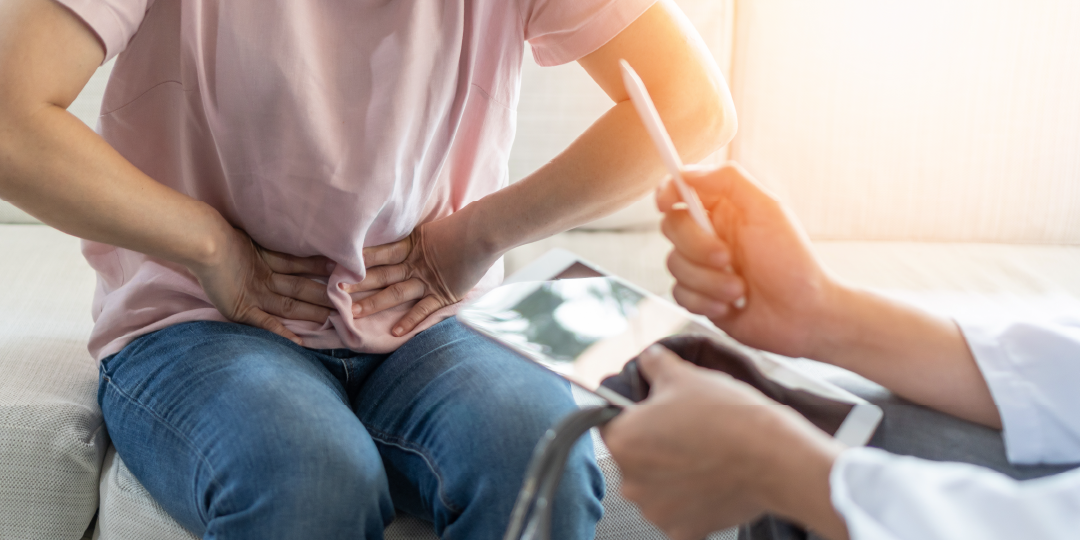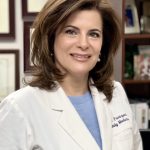Thankfully, patients don’t have to suffer from GERD, as there are many treatment options available. Here’s everything you need to know about GERD treatments in Houston and other cities.
What is GERD?
GERD is a progressive condition affecting the digestive system that is typically caused by a weakened muscle in the lower esophagus. When the Lower Esophageal Sphincter (LES) is not working properly, the valve in the esophagus cannot close completely, and due to this issue, stomach acid travels back up the valve, causing acid reflux.
Doctors will typically diagnose GERD when patients have experienced chronic acid reflux. Treatment will follow to prevent a more serious condition like esophageal cancer.
Symptoms
Some of the symptoms GERD patients experience include:
- Frequent and persistent heartburn
- Regurgitation or belching
- Nausea
- Chest pain
- Difficulty swallowing, sleeping, or eating
Causes
One of the common causes of GERD is the food patients eat. The following foods may cause reflux symptoms and should be limited if you are experiencing GERD.
- Citrus fruits
- Chocolate
- Caffeine
- Alcohol
- Fatty foods (especially fried)
- Garlic
- Onions
- Spicy food
- Tomato-based food
Certain medications, such as Viagra and Cialis, can also cause reflux symptoms. Be sure to report to your doctor if you think this might be the case. Other risk factors for developing GERD include being overweight or obese, pregnancy, and smoking.
Patients with hiatal hernias are also at risk of developing GERD. A hernia is when the body’s tissue pushes through a weak section in the muscle of the body’s abdomen or groin, and hiatal hernias occur when the stomach bulges into the chest. This complication can be painful, asit weakens the LES and increases the symptoms of GERD.
Available Treatments
Since GERD has been a common problem among patients, the medical field has had time to develop treatments and refine them to deliver exceptional patient care.
Medication
Many prescriptions and over-the-counter medications can relieve acid reflux. Some focus on neutralizing stomach acid while others decrease its production. These medications include:
- Antacids
- H2 Blockers
- Proton Pump Inhibitors (PPIs)
It is important to note that over-the-counter medications are a short-term solution. If your symptoms persist for more than two weeks, schedule an appointment to talk to your doctor.
Lifestyle Changes
In less severe cases of GERD, some patients can take on lifestyle changes to reduce acid reflux and other symptoms. These changes include:
- Avoiding foods that cause reflux symptoms (see above)
- Reducing food portions
- Losing weight
- Exercising on an empty stomach
- Quitting smoking
- Avoiding stress
- Elevating the head when sleeping
Surgical Procedures
In moderate to severe cases of GERD, a doctor will consider surgery for acid reflux. These causes include patients continuing to experience acid reflux while on medication, adverse side effects from medication, symptoms persisting after treatment, or those who prefer not to take lifelong medication. Surgery is usually also needed in cases when the patient’s esophagus has been damaged.
LINX® System
The LINX® system is a minimally invasive and effective treatment that directly addresses the cause of GERD by preventing acid reflux. It involves a ring of flexible magnets that open when food or liquid travel down the esophagus and helps it close once they have passed the LES and into the stomach. The procedure is completed by making a small incision in the patient’s abdomen to position the LINX® device around the esophagus.
TIF Procedure
Another minimally invasive option is the Transoral Incisionless Fundoplication (TIF) procedure, which also addresses the cause of GERD rather than the symptoms. This operation utilizes an anti-reflux valve at the gastroesophageal junction to naturally reestablish the barrier in the esophagus to prevent acid from traveling back up. This surgery is performed orally, meaning that there are no incisions and no risk of infection.
Hiatal Hernia Repair
As mentioned before, a hiatal hernia can cause GERD symptoms, but repairing it through surgery is an option for patients. The procedure involves pulling the stomach down into the abdomen to make the opening in the diaphragm smaller. Alternatively, surgeons will reconstruct an esophageal sphincter. A single incision is usually made in the chest to accomplish this, and the doctor will typically use laparoscopy to make the procedure minimally invasive.
Laparoscopic Fundoplication
Patients with severe acid reflux may be offered laparoscopic fundoplication, a keyhole procedure that prevents stomach acid from traveling up the esophagus. This surgery involves five small incisions and, using laparoscopy, the stomach is wrapped around the lower esophagus to create a new functional valve to prevent stomach acid and bile from coming up.
Humanizing Healthcare
Experiencing acid reflux is a common occurrence among the population, but you should consult your doctor if over-the-counter medications don’t alleviate your symptoms over a two-week period. Your primary doctor can discuss treatment options with you, prescribing stronger medication, and if symptoms persist, you may be referred to a gastroenterologist.
Hillcroft Physicians P.A. is one of many medical practices that offer GERD treatments in Houston. Our medical staff will take the time to listen and understand your condition and provide the best advice on relief and recovery Contact us today for an appointment!


